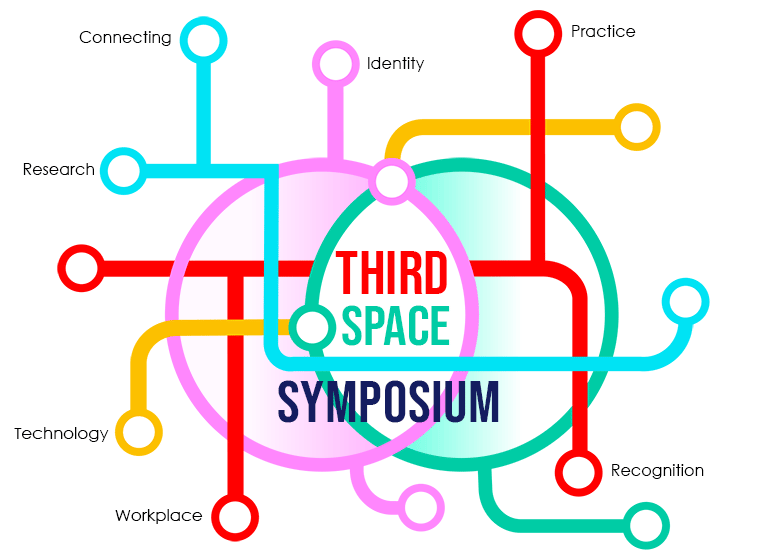- Ed & Tech must-reads
- Posts
- Ed & Tech must-reads 181125
Ed & Tech must-reads 181125
More AI, don't you miss COVID just a little, Cath Ellis on both AIs and launching the third space symposium proceedings

Inside Yale’s Quiet Reckoning with AI from The New Journal At Yale
There is nothing particularly new in this article about the repercussions on learning and personal growth from using GenAI instead of actually doing the work of learning, but it is very well written and covers things that I have been thinking more and more about recently. It provides a number of perspectives, from students to academics to institutional leaders in trying to understand why many students seem to think that getting the work done is the same as doing the work and developing the skills. I don’t know if it is a symptom of an age when the worst of the worst are running the world and doing what they please or if it simply reflects the seemingly simplest way to get things done in a time of ever-increasing stress. Anyway, it is worth spending a little time with this piece - just bring your glasses because the text is tiny.
COVID-19 – a catalyst for change? A comparative study of learning technology usage in two university science departments during and after the pandemic from Technology, Pedagogy and Education
It seems so hard to believe that only 3 or so years ago, every ed and tech article involved someone trying to find something original to say about the impact of the pandemic on learning and teaching. I don’t quite long for those simpler days but it almost felt refreshing when this article popped up in my Google Scholar feed. Shaw & Walker from the Digital Education Team at the University of York present what are effectively a couple of case studies about how learning and teaching changed (or changed then changed back) in the departments of Biology and Psychology. One takeaway for me is the reminder that different discipline areas will always have (or claim) distinct needs and approaches and this needs to be remembered when designing the bigger picture of learning and teaching in an institution.
Episode 36: Cath Ellis from The Opposite of Cheating podcast (40 mins)
I’ve been lucky enough to chat to Cath Ellis over a couple of beers (with Kane Murdoch, and Shaun Lehmann) about academic integrity in the past and her passion for learning and teaching shines through. She also spoke recently about the Western Sydney University approach to GenAI - a tweak on the Uni of Sydney 2 lanes approach which identifies the lanes as Inspire and Assure. This podcast interview dives into some of these ideas and is a great watch.
Studiosity eyes academic integrity market from Future Campus
This wasn’t a big story and articles about what tech companies are claiming to do in GenAI in education are everywhere but just a couple of details in the nuts and bolts of their tool caught my eye. Studiosity is buying Norwegian company Norvalid to bolster their academic integrity credentials. They are optimistically/foolishly planning to enter the detection space (using Perplexity) but will also compare submitted work to “original work” on file from students (validated by??) and ask students free text questions about content on submission and ask them to fill in blanks from their submitted work. It’s a new approach - probably a little coppish for my tastes but I recognise that nobody has any real solutions yet.
For those who came in late, last year, around this time, some friends and colleagues of mine in the L&T third space put on a symposium over 2 weeks (online) with a 1 day in person event to cap it off to share our experiences and knowledge. All up we had around 70 contributors from 6 countries and more than 500 participants. It was pretty amazing and I may have mentioned it here a dozen or so times. We are happy to announce that we are now publishing the proceedings, featuring more than 40 contributions and reflections from people who were part of the event. Join us in this webinar to celebrate this and hear from a cavalcade of contributors about their bits.
Reply